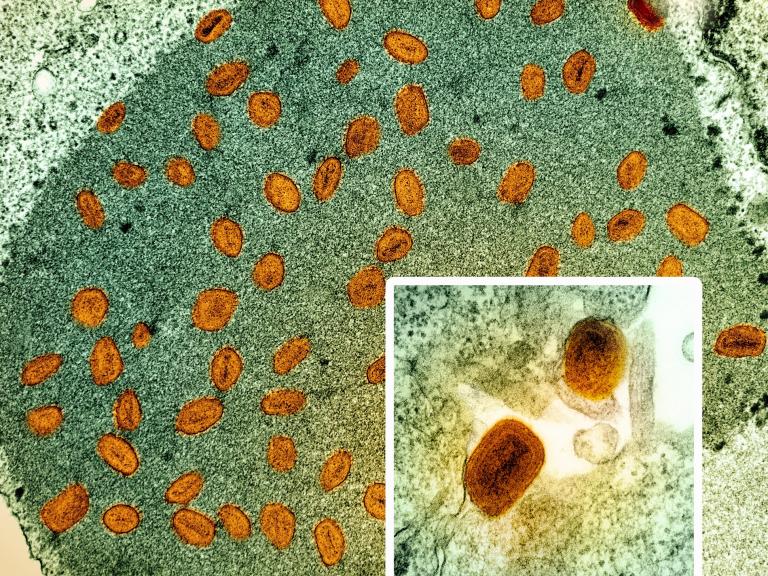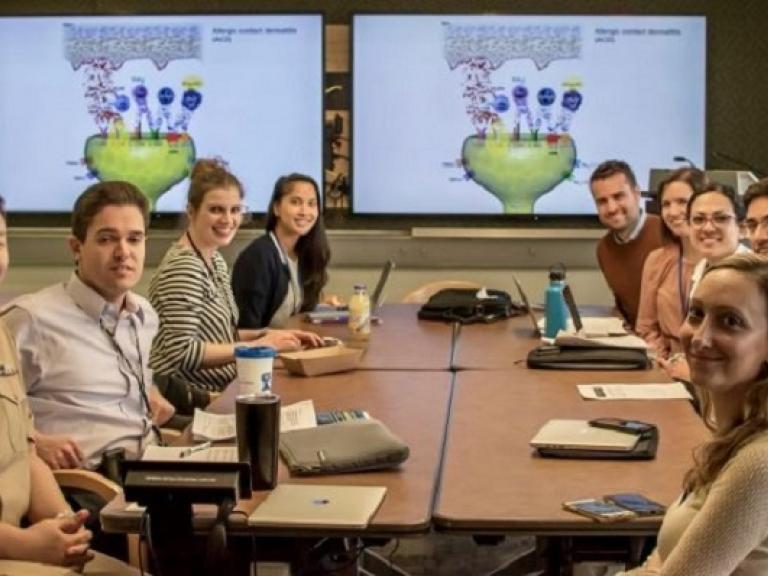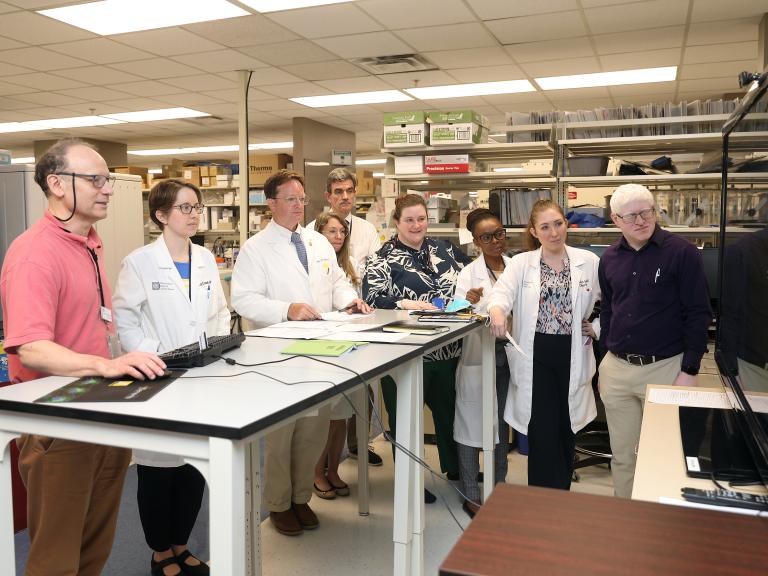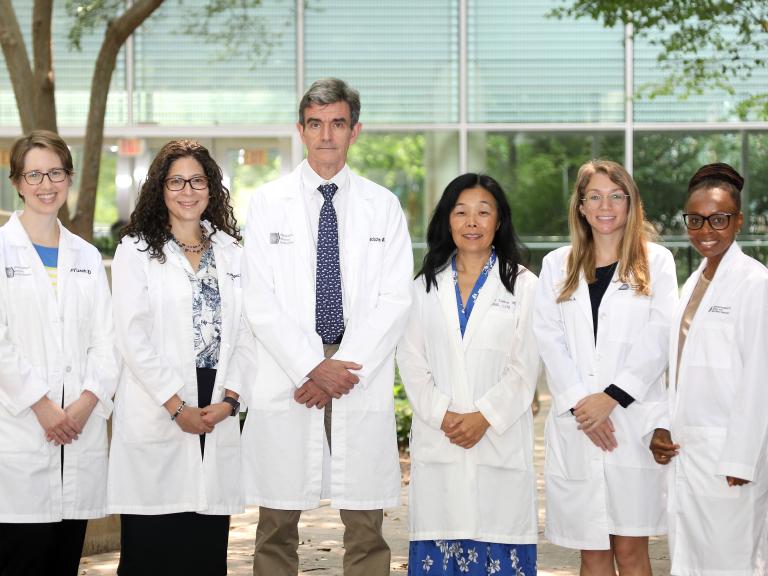Contact the Virology Branch within the Division of Microbiology and Infectious Diseases to learn about possible funding opportunities.
You can also search funding opportunities and announcements.


Mpox is a high priority research area for NIAID laboratory researchers as well as funded research. Through the information offered here, researchers can learn about the science being conducted at NIAID and by NIAID-funded researchers. Researchers seeking funding can access opportunities to further their own research, while NIAID and NIH grantees can find out about available resources outside of specific funding opportunities, and ways to connect with other researchers are also available.

As part of the U.S. government response to the current mpox outbreak NIAID has released an update on its priorities for mpox research. This research agenda outlines near-term (planned) and ongoing projects led by NIAID as part of a broader United States government supported mpox research effort. It is not a notice of new funding opportunities.
Read and download the NIH Mpox Research Agenda.
Contact the Virology Branch within the Division of Microbiology and Infectious Diseases to learn about possible funding opportunities.
You can also search funding opportunities and announcements.
NIAID offers resources such as technologies available for licensing or collaboration, computer applications, and other tools and services to the general scientific community to advance basic, preclinical, and clinical research. See all resources for mpox researchers.
For researchers developing products such as diagnostics, vaccines, or drug therapies, check out NIAID's support for infectious disease product developers.
Search for scientists at NIAID who research mpox in the scientist directory.
Search for scientists funded by NIAID who research mpox on RePORTER.
Friday, March 31, 2023
The Mpox Research Gathering discussion was based on content presented in the recorded presentations and facilitated using a series of discussion questions developed collaboratively with members of the research and advocacy community.
Clinical research trainees at NIAID engage in advanced basic, translational, and clinical research resulting in the translation of laboratory discoveries into novel therapies, diagnostics, vaccines, and medical countermeasures to prevent and treat infectious, immune-mediated, and allergic diseases.
NIAID intramural researchers conduct more than 180 clinical trials at the NIH Clinical Center on the Bethesda, Maryland, campus and at collaborating U.S. and international sites. The NIH Clinical Center is the world’s largest clinical research hospital offering unparalleled resources and opportunities to conduct clinical studies. The NIH Clinical Center includes 200 inpatient beds and 93-day hospital stations, as well as 15 outpatient clinics. All patients admitted or seen at the NIH Clinical Center are enrolled on research protocols.

This 3 year program, open to physicians who have completed internal medicine and/or pediatric residency training, is designed to provide high-quality clinical and research skills.

NIAID is looking for highly qualified internal medicine and medicine-pediatric trained residents for Infectious Diseases internal medicine and medicine-pediatric fellowship.

This 13-month clinical fellowship is fully funded and includes collaboration with experts across major transplant institutions.
The Transition Program in Clinical Research provides opportunities for physicians to gain clinical and translational research experience in association with a Division of Intramural Research (DIR) laboratory. Applicants must have an M.D. or an M.D./Ph.D.; be board-eligible or board-certified in a subspecialty (or equivalent); and qualify for credentialing from the National Institutes of Health Clinical Center.
Not all positions in the intramural training programs listed below will be in “clinical research” labs. Clinical research encompasses all research in which people, or data/samples of tissue from people, are studied to understand health and disease.
Graduate students, postbacs, and summer interns working in labs at the NIH that conduct clinical research typically have administrative and/or benchwork roles for ongoing projects in the lab. Administrative tasks directly related to clinical research may include entering patient data into databases, scheduling appointments, preparing and mailing kits for ongoing protocols, etc., whereas benchwork roles may include processing patient samples, genome sequencing, in vitro assays, flow cytometry, etc. In practice, the benchwork in “clinical” labs will look very similar to the bench research being conducted in basic and translational research labs.
For specific questions, contact the specific fellowship contacts or NIAIDTraining@nih.gov